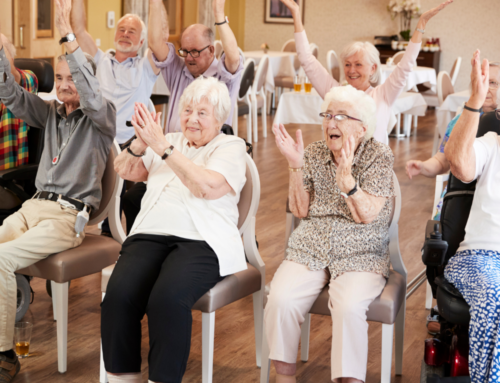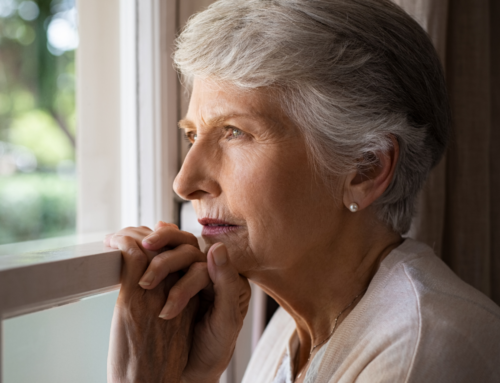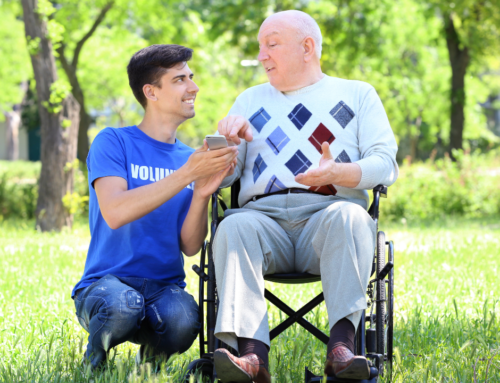Share This Story!
Avoiding Falls Through Thoughtful Interventions
No one wants to fall, but occasionally accidents happen. However, for some individuals, such as seniors, a fall can open the door to other health problems. From broken bones to reduced mobility, falls can be detrimental. And in many cases, after an initial fall, the fear of future injuries can cause some seniors to avoid future social interactions, becoming essentially home-bound. Learning how to prevent falls and what to do if a fall happens can help seniors and caretakers preserve health and the quality of life.
1. Know the risks
Not all falls are caused purely by an individual tripping over a step. In some cases, even a person’s prescription medications could induce side effects such as dizziness or drowsiness. Both scenarios could make a person more susceptible to misjudging a step, slipping, and falling. For seniors on medication, speaking with a physician to learn more about known interactions or side effects can aid in creating an awareness plan to prevent future falls.
2. Get and stay active
As people age, many individuals become less active. However, research consistently shows a direct link between reduced mobility and an increased risk of falling. While seniors don’t have to engage in strenuous workouts, simple actions such as walking, swimming, or even taking a dance class can improve mobility. Regular activity can also improve balance, flexibility, strength, and coordination, along with improved movement.
3. Don’t skip routine hearing and vision tests
Poor vision is an obvious scenario that can increase an individual’s risk of falling. Experts recommend that seniors have vision checked every one to two years to confirm that any current vision prescription is accurate. Similarly, a link exists between hearing loss and poor balance, increasing a person’s chances of suffering from a fall. One study found that even a mild form of hearing loss can triple an individual’s risk of falling. Avoid the risk by getting hearing checked regularly and incorporating a hearing aid if necessary.
How to recover
Never falling is unavoidable. Everything from slippery flooring to being knocked off balance by another person can cause someone to fall. So, if a fall does occur, knowing what to do immediately afterward can aid in better healing. First, try to stay calm. Rather than directly jumping up into a standing position, try to roll over onto the side. Next, determine whether a serious injury has occurred and if so, call for help if other people are nearby. Slowly look for a nearby stabilizing object such as a chair or table to assist with pulling into an upright position. Put one foot forward flat on the floor with the other knee bent and slowly rise. Seek medical help after a fall to ensure that no further injuries have occurred.





